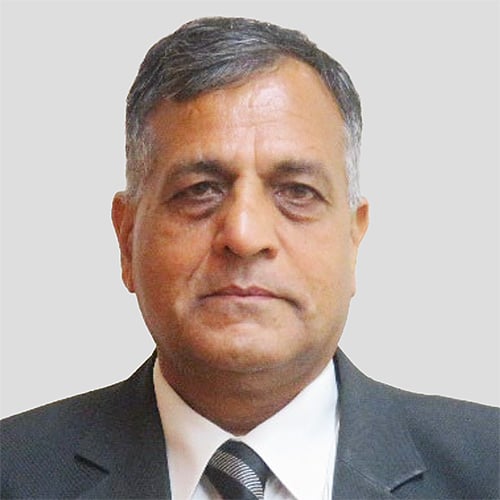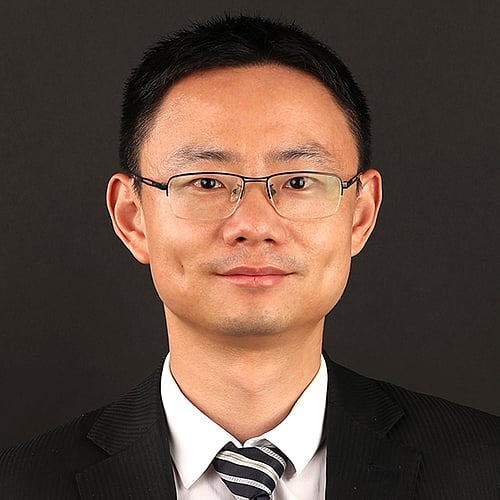Despite a slowdown in venture capital funding in China, the country’s electric vehicle sector continues to attract investors. Zeekr, the luxury EV brand of China’s largest private carmaker Geely, announced on February 13 that it has raised US$750 million in its Series A funding round.
The investment is the latest in a series of venture capital and private equity fundings in the EV and new energy sector. It follows the US$2.56 billion raise by GAC Aion, which is now the country’s biggest VC-backed EV maker. Voyah Car Technology also raised US$631 million, SPIC Hydrogen Energy US$631 million, BYVIN Auto US$444 million, and battery maker Hithium US$280 million, according to KPMG.
Some of the investors are funds backed by government or state-owned enterprises. GAC Aion, for example, secured funding from Guangzhou Industrial Investment Fund Management, which is backed by the Guangzhou municipal government, and China Fortune-Tech Capital, which is an investment arm of Chinese chipmaker Semiconductor Manufacturing International Corporation (SMIC), a partially state-owned company. Funds backed by SOE banks, such as ABC Financial Asset Investment and BOC Financial Asset Investment, also invested in Voyah Car in 2022.
.jpg)
Some EV players have taken the initial public offering route to support their growth plans. Leapmotor Technology went public in Hong Kong raising US$803 million in September 2022, the sixth-biggest IPO in the city last year. On the supply-chain side, battery maker CALB raised US$1.7 billion in its Hong Kong listing.
Investor demand is being fuelled by healthy EV sales, which grew 36% year-on-year in 2022, according to S&P Global Mobility. While sales of internal combustion engine vehicles are forecast to decline by the low teens in 2023, passenger new-energy vehicles will continue to see robust growth, by over 30% according to Fitch Ratings.
Limited impact
However, a report by S&P Global sees some risks to the EV sector’s growth momentum, including the end of state subsidies, Europe's energy crisis and its inflationary impact, and recession fears in the United States.
China had been subsidizing EV sales since 2009, providing a powerful incentive for the industry’s growth, but such subsidies had been phased out over the past few years.
Subsidies were reduced by 30% on January 1 2022 and eliminated on January 1 2023. “Despite this, the EV market is maturing and the EV penetration rate is rising,” says Charles Lester, data manager at EV market intelligence provider Rho Motion. “Therefore, the impact should be limited compared to the reduction in 2019.”
Battery makers are also worried about the end of subsidies for EV buyers, and have been reducing their output since early December 2022.
But China dominates every step of the battery supply chain, except in the aspect of metals mining, which depends on the minerals' natural location. This dominance has enabled Chinese original equipment manufacturers (OEMs) to bring down unit costs faster than in the West, thus allowing them to sustain organic growth in the future regardless of subsidies, according to the S&P Global report.
Global expansion
Chinese OEMs are looking to expand their market share globally. “We expect Chinese OEMs to continue to expand into Europe, as they started in H2 2022, from the likes of BYD, Great Wall Motor and NIO,” Lester adds.
At the same time, European OEMs have been building their presence in China and gaining access to critical EV and autonomous driving technology via M&A, partnerships or stake purchases in local Chinese firms, Peter Yu, co-head of diversified industries and technology for Asia-Pacific at J.P. Morgan, tells Bloomberg in an interview.
“We expect Asia’s EV makers and the EV supply chain to see a pick-up in M&A activity, led by China,” says Yu. "China’s EV sector is entering a phase of consolidation, which may radically reduce the number of players within the next couple of years.”









